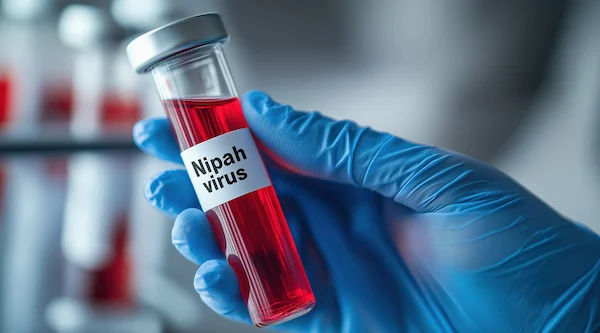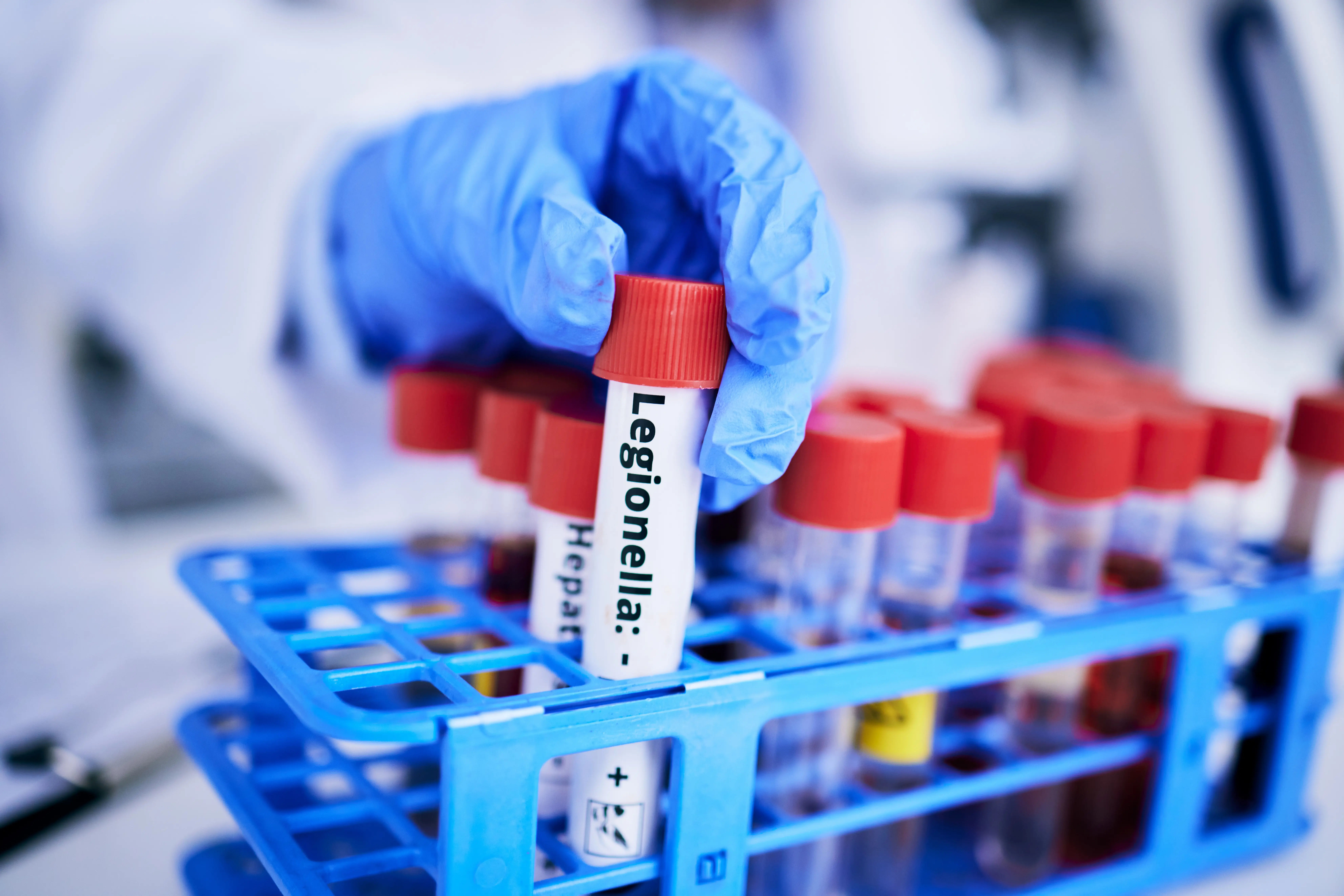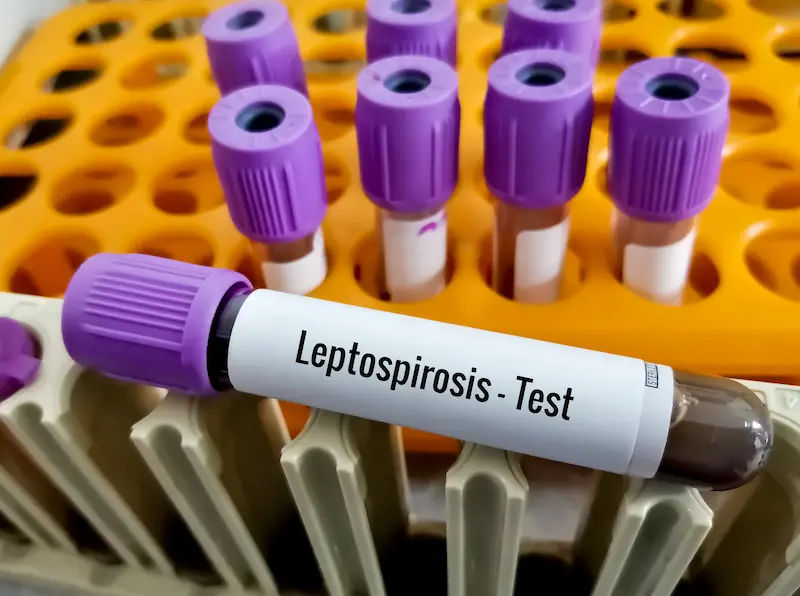- Male
- 25 Years
- 29/01/2025
I recently found out I have typhoid 1120, and I'm really worried about how long it's going to take before I'm fully recovered and feeling better. Could you let me know what symptoms I should expect and how soon they might go away? Also, I'm a bit unsure about what foods are safe to eat during this time and if there are any specific diet precautions I should follow.
Answered by 1 Apollo Doctors
Typically, typhoid fever lasts for 2-4 weeks with proper treatment, and symptoms may resolve within 7-10 days, but this can vary depending on individual factors and treatment response. To manage your diet, focus on consuming bland, easily digestible foods like bananas, rice, apples, and vegetables, while avoiding spicy, fatty, or high-fiber foods that can irritate your stomach.
Dr. Ibrahim Suggests...
Consult a Infectious Disease specialist
Answered 04/07/2025
0
0

More Infectious Disease Health Queries
View allI'm really concerned about how quickly someone with Covid-19 can spread it to others. Like, do they start spreading the virus right after they get infected, or does it take a few days? I'm trying to figure out if there's a period where they aren't contagious. Could you shed some light on this?
they can spread immediately after you getting infected. so quarantine is done
Answered by 1 Apollo Doctors
So about three weeks ago, I had a situation where the condom broke during intercourse, and it was only for like 13 seconds. The girl is confirmed HIV positive, and I've been really stressed since then. I did a PCR qualitative HIV test on the 13th day after it happened, and then a duo combo HIV test the next day, both came back negative. Then I took another duo HIV test on the 23rd day, and that was negative too. Do these results mean I'm in the clear, or should I still be worried until I hit the 28-day mark for the confirmatory duo test?
Considering your medical abortion on Dec 22, 2020, and subsequent periods on Feb 2 and Mar 6, it's likely that your body is recovering from the abortion. _Possible reasons for stomach growth:_ 1. _Bloating_: Hormonal changes after the abortion might cause water retention and bloating. 2. _Weight gain_: Emotional eating or changes in appetite after the abortion could lead to weight gain. 3. _Uterine enlargement_: Although unlikely, it's possible that your uterus is still enlarged from the pregnancy, causing your stomach to appear larger. _Recommendations:_ 1. _Wait and observe_: Monitor your symptoms and stomach growth over the next few weeks. 2. _Maintain a healthy lifestyle_: Focus on a balanced diet, regular exercise, and stress management. 3. _Consider a home pregnancy test with a sensitivity of 20 mIUmL_: To confirm the absence of pregnancy.
Answered by 1 Apollo Doctors
I'm getting a bit worried because a couple of months back, a street dog tried to bite me but didn't really get a good grip. It left a small wound on my thigh just with one of its teeth, and I cleaned it up with Dettol right afterward. It's been over two months now, and its almost healed there's just a little dark spot left. Everything seemed fine, but now Im starting to get anxious about whether I could've picked up any infections or viruses from it. I see the same dog around regularly, so I can identify it if that helps. What should I do to check if Im all clear from any infections or viruses from the encounter?
Fever Persisting Despite Treatment _Test results interpretation:_ 1. _Initial tests (2132016)_: - Typhoid rapid test: Positive (IgM antibodies), indicating recent typhoid infection. - Negative results for malaria and microfilariae. 2. _Follow-up tests (2552016)_: - Typhoid rapid test: Negative (IgM and IgG antibodies), suggesting the infection has been cleared. _Persisting fever:_ 1. _Possible causes_: - Relapse or re-infection with typhoid - Other underlying infections (e.g., urinary tract infection, pneumonia) - Inflammatory or autoimmune conditions - Medication side effects 2. _Additional tests recommended_: - Blood cultures to rule out ongoing bacterial infections - Complete Blood Count (CBC) to assess for signs of infection or inflammation - Erythrocyte Sedimentation Rate (ESR) or C-Reactive Protein (CRP) to evaluate for inflammatory conditions - Urine analysis and culture to rule out urinary tract infections 3. _Fever type:_ - The persistent fever could be a low-grade fever, which is a common symptom of various conditions.
Answered by 1 Apollo Doctors
Disclaimer: Answers on Apollo 247 are not intended to replace your doctor advice. Always seek help of a professional doctor in case of an medical emergency or ailment.




